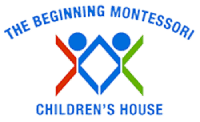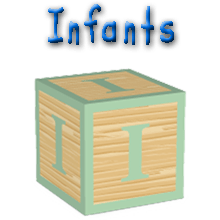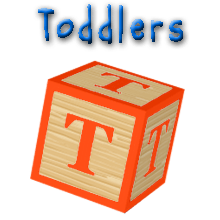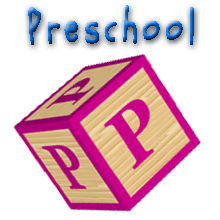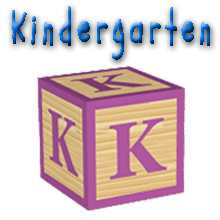Montessori Method
Complete Introduction to the Montessori Method
The Montessori Method of education, developed by Dr. Maria Montessori, is a child-centered educational approach based on scientific observations of children from birth to adulthood. Dr. Montessori’s Method has been time tested, with over 100 years of success in diverse cultures throughout the world.
It is a view of the child as one who is naturally eager for knowledge and capable of initiating learning in a supportive, thoughtfully prepared learning environment. It is an approach that values the human spirit and the development of the whole child—physical, social, emotional, cognitive.
Cornerstones of Montessori
Components necessary for a program to be considered authentically Montessori include multiage groupings that foster peer learning, uninterrupted blocks of work time, and guided choice of work activity. In addition, a full complement of specially designed Montessori learning materials are meticulously arranged and available for use in an aesthetically pleasing environment.
The teacher, child, and environment create a learning triangle. The classroom is prepared by the teacher to encourage independence, freedom within limits, and a sense of order. The child, through individual choice, makes use of what the environment offers to develop himself, interacting with the teacher when support and/or guidance is needed.
Multiage groupings are a hallmark of the Montessori Method: younger children learn from older children; older children reinforce their learning by teaching concepts they have already mastered. This arrangement also mirrors the real world, where individuals work and socialize with people of all ages and dispositions.
Dr. Montessori observed that children experience sensitive periods, or windows of opportunity, as they grow. As their students develop, Montessori teachers match appropriate lessons and materials to these sensitive periods when learning is most naturally absorbed and internalized.
In early childhood, Montessori students learn through sensory-motor activities, working with materials that develop their cognitive powers through direct experience: seeing, hearing, tasting, smelling, touching, and movement.
In the elementary years, the child continues to organize his thinking through work with the Montessori learning materials and an interdisciplinary curriculum as he passes from the concrete to the abstract. He begins the application of his knowledge to real-world experiences.
This organization of information—facts and figures—prepares the child for the world of adolescence, when thought and emotion evolve into understanding more abstract, universal concepts such as equity, freedom, and justice.
Call Now (818) 992-5341
or Fill Out This Form to be Contacted Within an Hour
